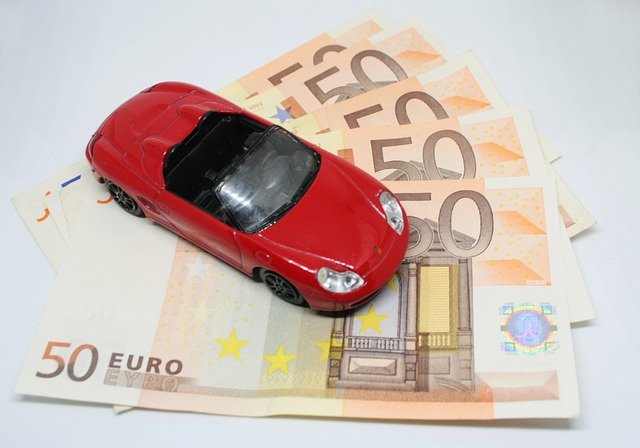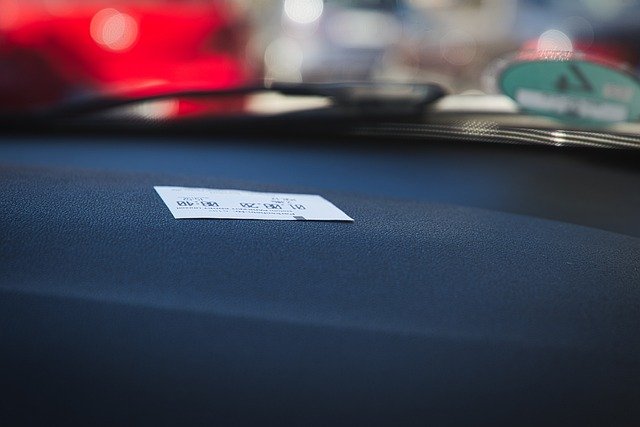How to Navigate Police Impound Car Auctions: A Practical Guide to Finding Reliable Vehicles Online
Looking for smart ways to get behind the wheel without stretching your budget? This guide explores how police impound car auctions can offer a practical route to finding well-maintained vehicles, often at prices that reflect their as-is condition. With the right research, clear budgeting, and a careful approach to inspections, online auctions make it easier to explore a wide range of options nearby.

What are police impound car auctions and how do they work?
Police impound car auctions are events where law enforcement agencies sell vehicles that have been seized, abandoned, or impounded. These auctions provide an opportunity for the public to buy used cars at potentially lower prices than traditional dealerships. The process typically involves registering as a bidder, inspecting available vehicles, and participating in either live or online bidding. Successful bidders are required to pay for and remove their purchased vehicles within a specified timeframe.
Why consider buying a car from a police impound auction?
One of the main attractions of police impound car auctions is the possibility of finding cheap cars from impound lots. These vehicles often come from various sources, including criminal seizures, parking violations, and abandoned property. As a result, you might encounter a wide range of makes and models, from everyday commuters to luxury vehicles, all potentially available at below-market prices. Additionally, government seized car auctions can offer transparency in the process, as these events are typically regulated and overseen by official agencies.
How can I find and participate in online police impound auctions?
To buy used cars at auction through online platforms, start by researching reputable websites that host government and police auctions. Some popular options include GovDeals, PublicSurplus, and GSA Auctions. Register on these platforms and familiarize yourself with their bidding processes. Many sites allow you to set up alerts for specific vehicle types or auctions in your area. Be sure to read all terms and conditions carefully, as online auctions may have different rules and requirements compared to in-person events.
What should I consider before bidding on a car at an impound auction?
Before participating in police impound car auctions, it’s crucial to set a realistic budget and stick to it. Research the market value of vehicles you’re interested in and factor in potential repair costs. Most auction vehicles are sold “as-is,” meaning you’ll be responsible for any repairs or issues after purchase. If possible, arrange to inspect the vehicle in person before the auction. Check for signs of major damage, maintenance history, and the vehicle’s overall condition. It’s also wise to run a vehicle history report using the VIN to uncover any hidden problems or liens.
What are some tips for successful bidding at online impound auctions?
When bidding on cheap cars from impound lots online, start by observing a few auctions without participating to get a feel for the process. Set a maximum bid for each vehicle and resist the temptation to exceed it in the heat of the moment. Be prepared for last-minute bidding wars, which are common in online auctions. Consider using auto-bidding features if available, which allow you to set your maximum bid and let the system incrementally increase your bid up to that limit. Remember that winning bids often don’t include additional fees like buyer’s premiums or transfer costs, so factor these into your budget.
What should I do after winning a bid at a police impound car auction?
After successfully winning a bid at a government seized car auction, you’ll need to complete the purchase promptly. Most auctions require payment within 24-48 hours. Arrange for secure payment methods as specified by the auction house. Once payment is confirmed, you’ll receive documentation to transfer the vehicle’s title. Be prepared to handle transportation of the vehicle yourself, as many auction sites don’t offer delivery services. Before driving the car, ensure it’s properly insured and registered. It’s also advisable to have the vehicle inspected by a trusted mechanic to identify any immediate repair needs.
| Auction Platform | Types of Vehicles | Payment Methods | Buyer’s Premium |
|---|---|---|---|
| GovDeals | Various government vehicles | Credit Card, Wire Transfer | 12.5% |
| PublicSurplus | Local government surplus | Credit Card, Wire Transfer | Varies by agency |
| GSA Auctions | Federal fleet vehicles | Credit Card, Wire Transfer | No buyer’s premium |
Prices, rates, or cost estimates mentioned in this article are based on the latest available information but may change over time. Independent research is advised before making financial decisions.
Navigating police impound car auctions can be an exciting and potentially cost-effective way to purchase a vehicle. By understanding the process, doing thorough research, and approaching these auctions with a clear strategy, you can increase your chances of finding a reliable car at a competitive price. Remember that while the potential for savings is significant, it’s crucial to balance the allure of a good deal with the realities of purchasing a used vehicle that may require additional investment.
The shared information of this article is up-to-date as of the publishing date. For more up-to-date information, please conduct your own research.




